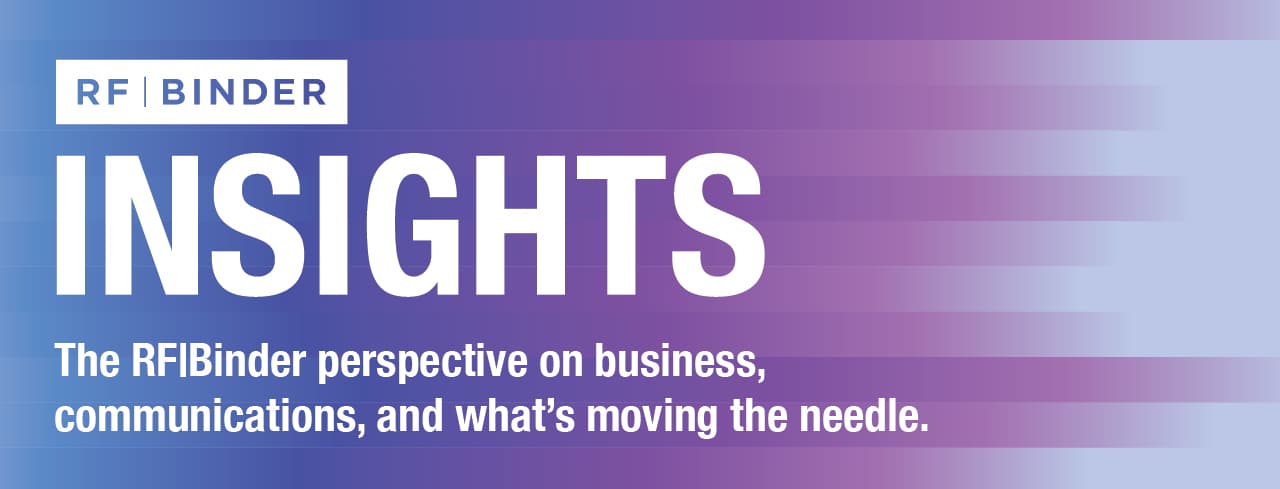The Big Story
DoJ Nears Conclusion in Google Antitrust Case
The U.S. Department of Justice (DoJ) is nearing the conclusion of its antitrust trial against Google, accusing the company of monopolizing the adtech industry. The DoJ argues that Google’s acquisition of DoubleClick in 2008 enabled it to dominate ad servers and exchanges, leading to unfair advantages in online ad auctions, as well as inflated ad prices and lower revenue for publishers. The DoJ’s potential victory would warrant a significant restructuring of Google’s business, reminiscent of the 1990’s Microsoft antitrust case.
Witnesses from major companies, such as NewsCorp and The Trade Desk, supported these claims, stating that they felt trapped by Google’s practices and were forced to use their products to remain competitive. Internal Google communications also revealed awareness of these advantages, with one email from their former president of global display advertising, David Rosenblatt, comparing Google’s control to owning both a bank and a stock exchange. In one particular damning email, Rosenblatt wrote “if we execute…we’ll be able to crush other networks and, and that’s our goal.”
Google defended itself by arguing that it operates in a highly competitive advertising landscape and that there’s no monopoly power, as buyers and sellers can use multiple ad tools. The company claims its practices aim to benefit advertisers, publishers, and users alike, noting that its adtech products are functional with rival systems. Google also made sure to highlight that that its share in certain ad markets has declined despite increased revenue, emphasizing that its focus is on creating value for its users and partners.
This trial marks Google’s second major antitrust case in two years, following a previous ruling where the company was found to have engaged in anti-competitive behavior in its search business. Google chose a bench trial over a jury trial by making a $2.3 million payment to the DoJ, aiming for a quicker resolution. The final decision in this trial will be made by a judge, with Google’s defense set to begin soon.
Social Updates
TikTok Launches Search Ads in US
In the face of Google’s antitrust suit, TikTok has introduced its own version Search Ads in the U.S., allowing advertisers to target users based on their search behaviors. This move seems to be a no-brainer for TikTok as a growing number of young users are turning to the app as a search engine and with 57% of the app’s total users leveraging its search function. Brands can now tailor ads to users’ intent at key moments, allowing for more engagement and conversions, especially when combined with In-Feed Ads. However, the looming ban of TikTok in the US in January could limit its impact on Google’s dominance in search advertising.
Instagram Adds More Parental Controls for Teen Accounts
As concerns grow over the impact of social media on young users, Meta has taken its first significant step with their announcement of “teen accounts” on Instagram. With this new feature, Instagram will automatically place all teens into private accounts with enhanced privacy and parental controls. This update restricts who can message, tag, or mention teens, while allowing parents to monitor their children’s usage and messaging without seeing actual conversations. Meta is also introducing tools to verify the ages of users who may lie about their age to avoid these restrictions, using AI to predict if users claiming to be adults are actually minors. Teens under 16 will need parental permission to change their account settings. While some experts welcome the move, critics argue that it falls short of meaningful regulation to keep young users safe.
YouTube Announces New Features
At the “Made on YouTube” event this month, YouTube unveiled nine new tools aimed at boosting creativity, community engagement, and business growth for creators. Key features include Dream Screen with Google DeepMind’s Veo for realistic backgrounds in Shorts, an upgraded AI-powered Inspiration Tab, and a new Communities feature for fan interaction. Furthermore, YouTube also introduced auto dubbing in multiple languages, expanded shopping capabilities, and “Hype” to promote smaller creators. Lastly, YouTube plans for Enhancements for TV viewing and new monetization tools, like Jewels and Gifts.
Digital Updates
Zeta Global Launches AI-Driven People-Based Marketing Solution with Snowflake
Zeta Global has announced the Zeta Media Engine, an AI-powered platform designed to enhance people-based marketing at scale, built in partnership with Snowflake. The solution integrates Zeta’s Identity Graph and AI tools within Snowflake’s Data Clean Room, allowing marketers to enrich first-party data, expand audience reach, and activate personalized campaigns. Key features include multi-party data integration, deterministic measurement of campaign performance, and enhanced privacy compliance, supporting more precise and effective marketing strategies.
EU Court Deals Major Blow to Apple and Google
The European Union’s highest court ruled against Apple and Google in two major legal cases, marking a big win in the E.U.’s regulation of big tech. Apple was ordered to pay €13 billion in unpaid taxes to Ireland, while Google was fined €2.4 billion for prioritizing its own price-comparison shopping service over competitors in search results. These rulings reinforce the E.U.’s role as a leading tech regulator, however the lengthy appeals process has raised concerns about whether regulators can keep up with the fast-changing tech landscape. Both companies face ongoing legal challenges in Europe and the U.S., reflecting growing global scrutiny of their business practices.

